The Nurses Who Heal — and the Water That Helps Them Do It
Every day, all around the globe, nurses show up to serve.
Whenever you’re sick, it’s the nurses who make you feel seen and cared for. They inform doctors’ decisions, take on the brunt of hands-on care work, and act quickly when emergencies happen to prevent tragedy. Nurses, their loved ones, and their patients all know the critical importance and impact of their work, and yet, they rarely get the full recognition and appreciation they deserve.
Where The Water Project works in sub-Saharan Africa, nurses labor under an even greater burden when their clinics lack safe water. They see patients in exam rooms without handwashing stations, and maternity wards where the only water comes from a jerrycan someone carried in.
At The Water Project, we believe that nurses shouldn’t have to fight to provide care — they should be supported in it. And while devoting one lonely week of recognition to nurses each year seems inadequate, we wanted to be sure this year’s National Nurses Week didn’t pass by without expressing our collective appreciation — and without sharing with you the strength of one dedicated nurse who still faces water scarcity every day.
When a Caregiver is the One in Need
In rural Western Kenya, Shivakala Health Center cares for 60 outpatients a day. The facility has just two clinical staff members — and no consistent water source on campus.
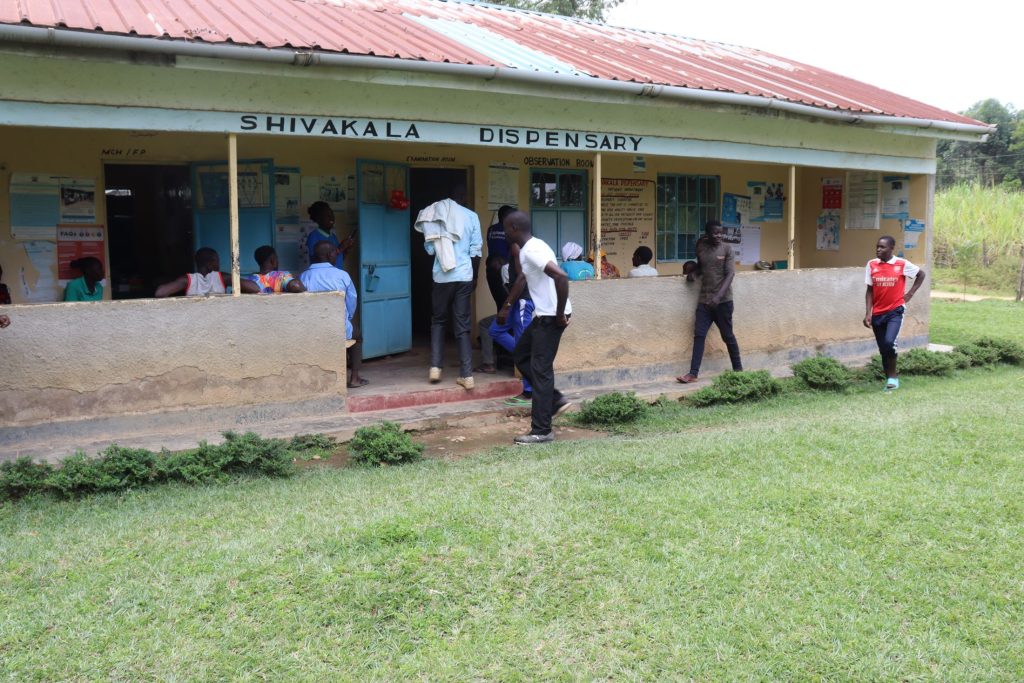
Every day, Shivakala’s Nurse Phanice Keya works hard to improve her patients’ health. But it’s hard for her because she knows she could serve them better if the facility had access to safe and reliable water.
There’s one small rain tank, but it doesn’t hold enough water to serve the staff and patients, and it dries out frequently. When this happens, clinic staff members fetch water from a partially protected spring. But the walk is long (several kilometers away!), and the water source is overcrowded at times. Beyond that, the water is contaminated, which complicates giving it to patients, especially when it is needed for taking medication.
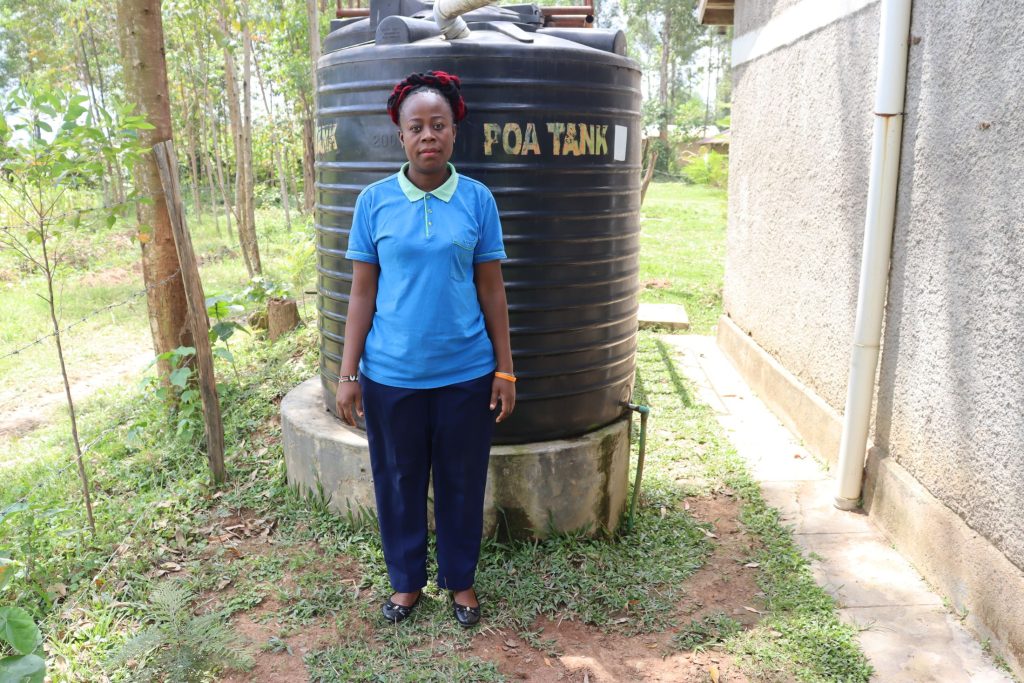
“As a nurse at Shivakala Dispensary, I am deeply concerned about the quality of our drinking water,” Phanice shared.
“Both [of our] current water sources are contaminated, posing a significant risk to everyone — staff, patients, and our families. It is heartbreaking to see patients suffer from diseases that could be prevented by the availability of clean water.”
Phanice’s patients come to her already vulnerable. Whether they’re injured, seeking preventative care, bringing a new life into the world, or already ill from a water-related disease, the lack of water at the facility could impact their health outcomes negatively. As a compassionate person, the fact that Phanice can’t provide them with water during their time under her care must eat at her heart.
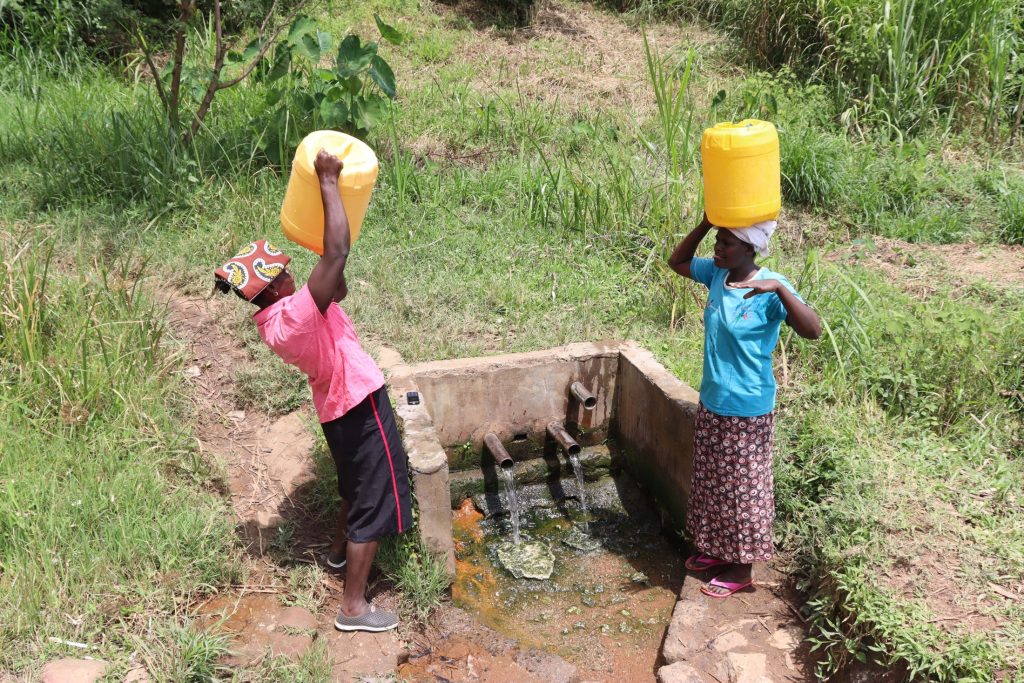
Our field officer, Christine Masinde, witnessed Phanice’s care for those under her care firsthand.
“While speaking with the nursing staff, I could feel her deep concern for [the] health and well-being of her patients and other staff, including herself. She described how [the] lack of clean water affects everything: from basic hygiene to [the] sterilization of medical equipment and tools, making it clear how critical this issue is to their daily operations and the quality of care they can provide. Her dedication to [her] work despite these challenges highlighted the urgent need for a reliable [water] source.”
Like many nurses around the world, Phanice is doing a lot with too few resources. But her empathy for her patients is her greatest tool. Safe water is another crucial tool that we can add to her toolbelt.
A Daily, Year-Round Cost
The rainwater tank at Shivakala rarely provides enough water for the clinic’s needs. During dry seasons, the clinic resorts to buying up to 15 jerrycans of water per day, which strains its budget and bandwidth. When those funds run out, the staff is left without any water at all to care for their patients.
The wet season doesn’t always help the situation, though. The rain flushes more contaminants into the water, raising the instances of waterborne disease for staff and patients alike. The eroded, steep paths to the spring become slick with mud, causing fall injuries.
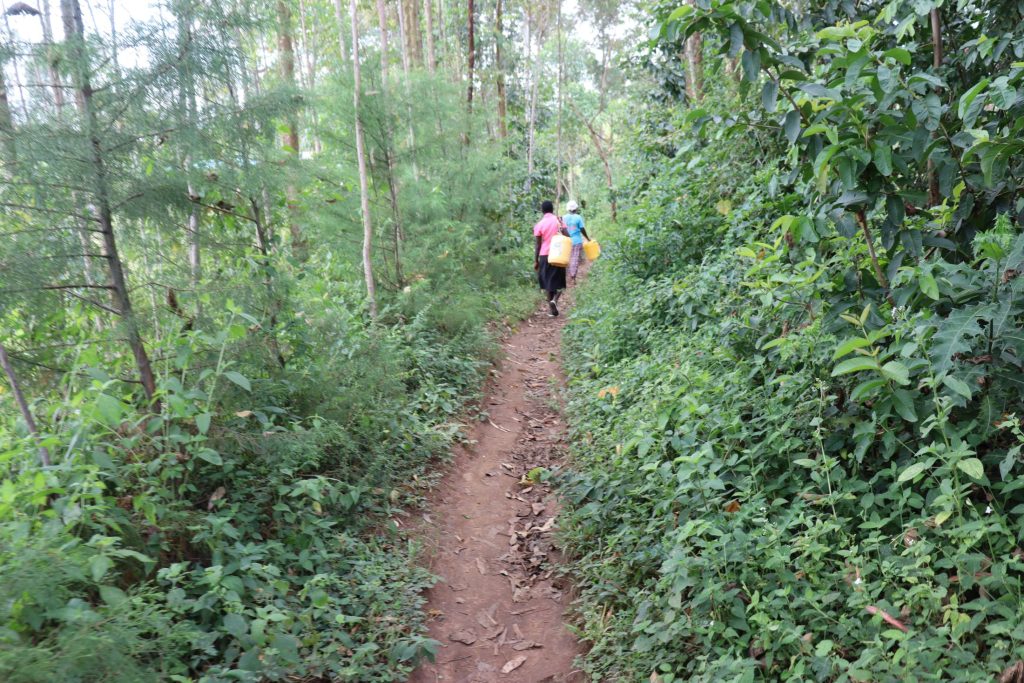
The bottom line? Fetching water off-site wastes time and energy that could be spent caring for patients.
And still, Phanice continues to care deeply for every person who walks through the doors.
“When we (healthcare workers) get sick, our work is affected, which compromises the quality of care that we offer,” she said.
Clean Water Transforms Everything
We’re planning to drill a borehole well for Shivakala Health Center — news that filled Phanice with hope.
“Thanks to The Water Project, a new borehole will be drilled [here] soon!” Phanice said. “We thank God for answering our prayers through them.
“Clean water is a basic necessity, and it is truly unfortunate that we are still struggling with this issue of contaminated water. Water is a valuable commodity which significantly improves our health outcomes and overall well-being. It allows us to focus on providing the best care possible to our community.”
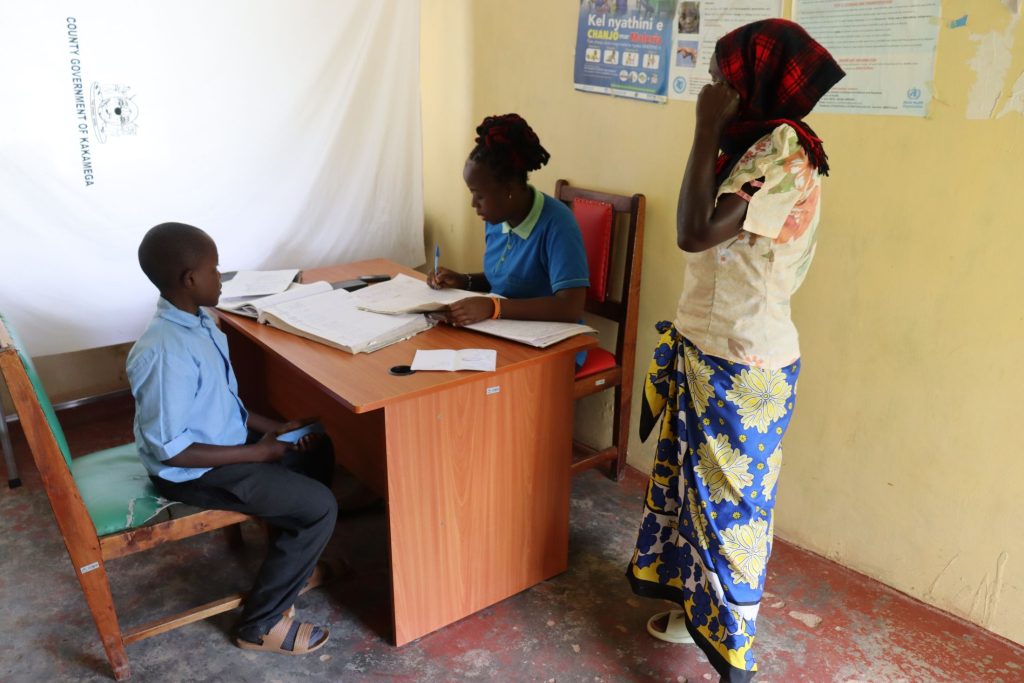
When water flows, nurses stay healthy. Clean water is a foundation of good patient care.
Hope for the Future: Katelyn’s Dream
When we invest in clean water, we don’t just empower nurses currently improving their patients’ health and well-being. We also bring hope and possibility to the caregivers of tomorrow.
Just ask Katelyn, a 13-year-old student at Kapsoi Primary School. We followed up with her last month because her school has now had safe water access for a whole year.
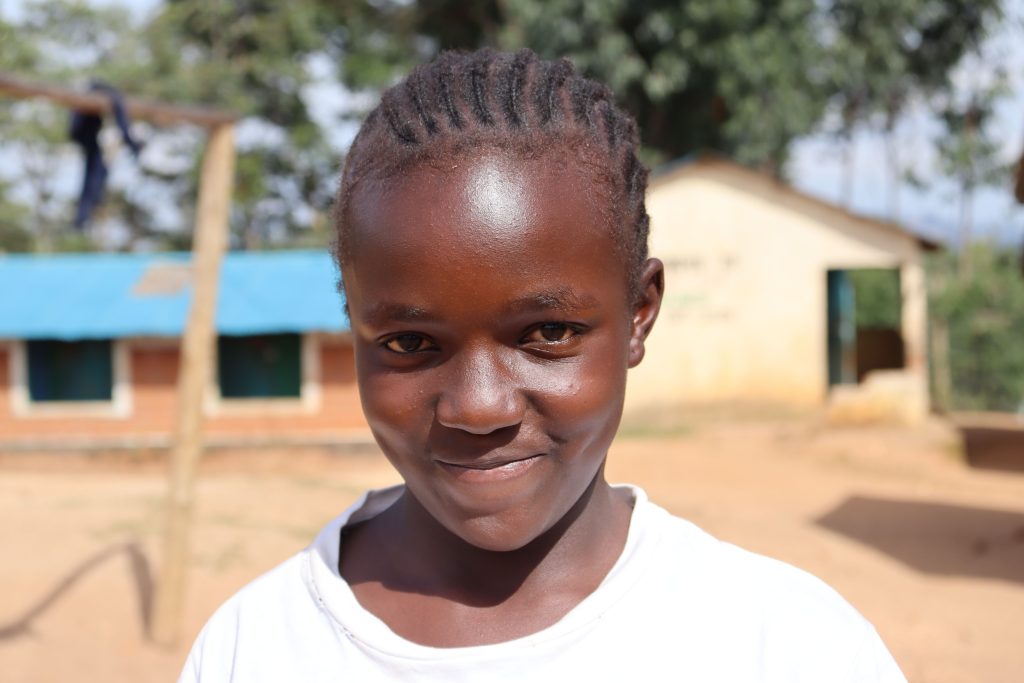
Before a well was installed at her school, Katelyn faced daily water struggles, too: long walks to a dirty stream, missed classes, and health issues from contaminated water.
But now?
“My dream for the future is to become a nurse,” Katelyn said.
“I want to help people in my community, especially children, stay healthy and strong. I’ve seen how clean water has made a big difference in my life and in our school, and I want to be someone who brings more good changes like that.”
Katelyn is thriving. Because she has clean water, she has a chance to dream—and to achieve.
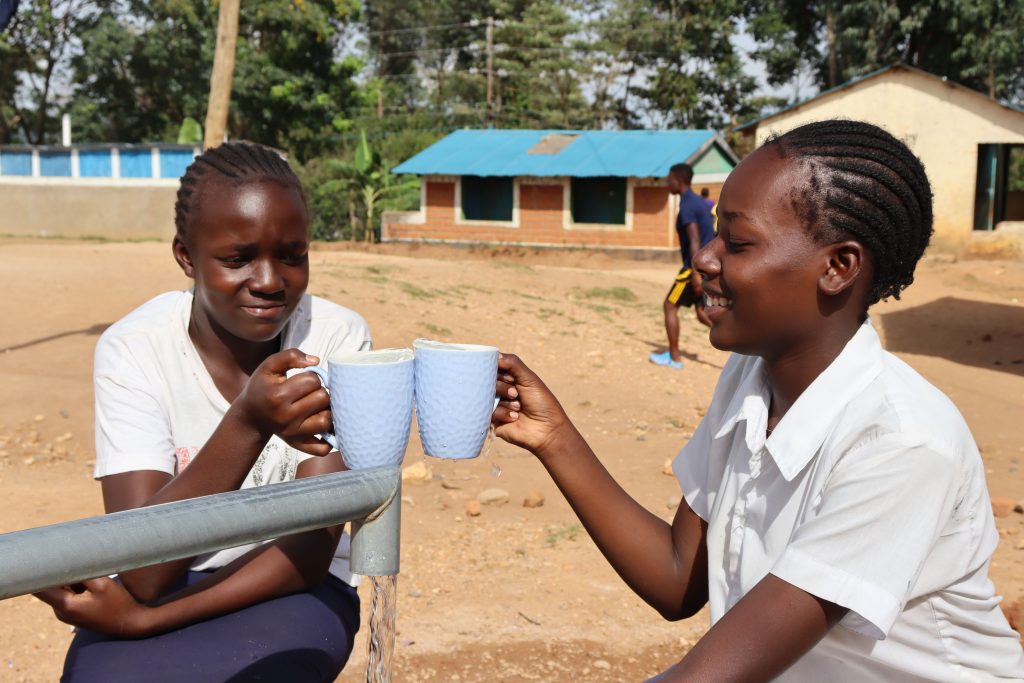
“I dream of finishing school with good grades, going to college, and making my parents proud. I want to support my family one day and teach other girls that they can achieve their dreams too, no matter where they come from. Clean water has helped me stay in school and given me hope. Now I believe my dreams are possible.”
From the Front Lines to the Future
This National Nurses Week, let’s remember the role clean water plays for healthcare workers: it’s an indispensable lifeline. For nurses like Phanice. For future nurses like Katelyn. And for every patient caught in between.
Clean water helps nurses stay well so they can keep others healthy. And it inspires the next generation to follow in their footsteps.
Thanks to a generous donor, your donation to bring solar-powered piped water to a health center in Western Kenya will be DOUBLED now through the end of May, 2025!
Thank you for caring about nurses — and clean water.
Home More Like ThisTweet